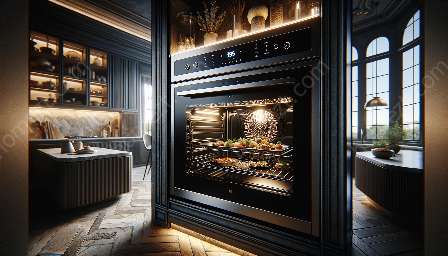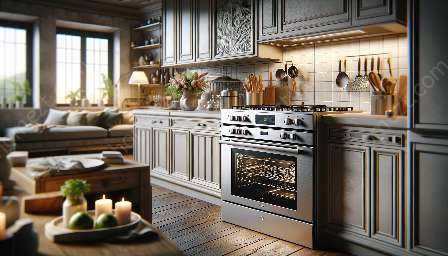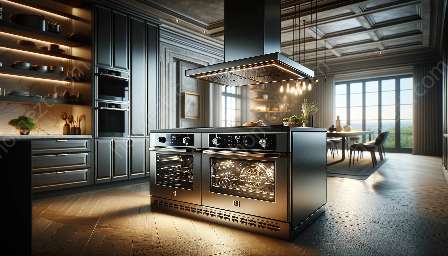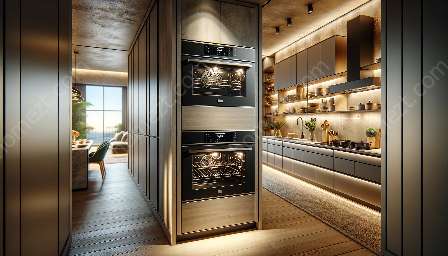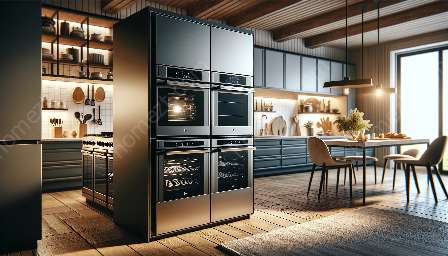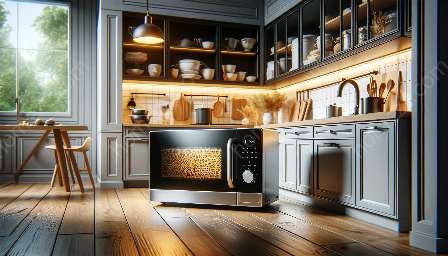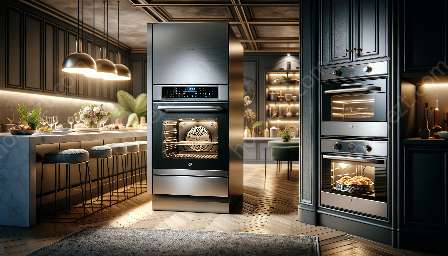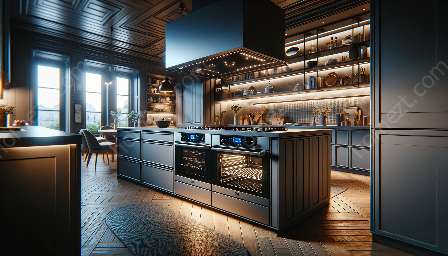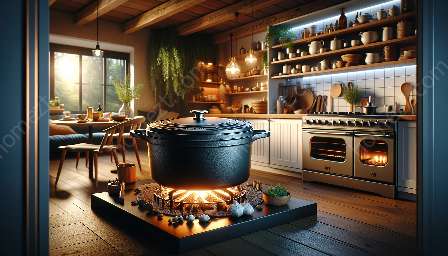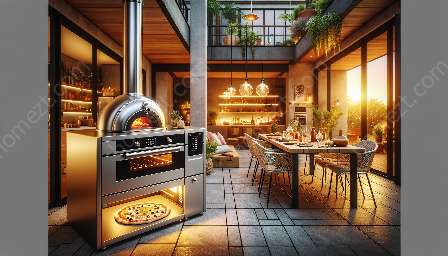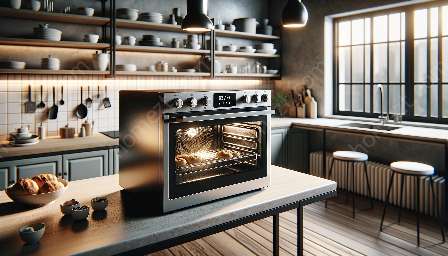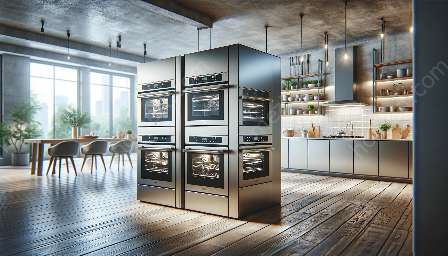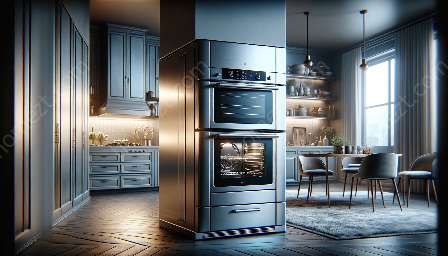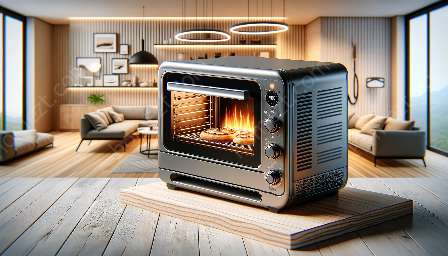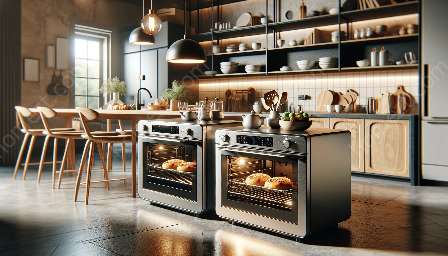Smart ovens are revolutionizing the way we cook and interact with kitchen appliances. With advanced technology and innovative features, smart ovens offer a range of benefits that make cooking more convenient, efficient, and enjoyable. In this comprehensive guide, we'll explore the latest advancements in smart oven technology, how they compare to traditional ovens, and the key features that make them a must-have for modern kitchens.
Understanding Smart Ovens
What are Smart Ovens?
Smart ovens are a new generation of kitchen appliances that integrate advanced technology, connectivity, and automation to enhance the cooking experience. These ovens are designed to offer precision cooking, remote control, and smart features that enable users to monitor and control the cooking process from anywhere, using their smartphones or other smart devices.
How Do Smart Ovens Work?
Smart ovens utilize a combination of sensors, connectivity, and intelligent algorithms to provide a seamless cooking experience. They can be connected to a home Wi-Fi network, allowing users to access and control the oven remotely through dedicated mobile apps. These ovens also often come equipped with voice control features, allowing users to simply speak commands to adjust cooking settings.
Features and Benefits of Smart Ovens
1. Precision Cooking
Smart ovens are equipped with advanced temperature and cooking sensors, allowing for precise and consistent cooking results. This ensures that dishes are cooked to perfection every time, reducing the likelihood of under or overcooking.
2. Remote Monitoring and Control
One of the standout features of smart ovens is the ability to monitor and control the cooking process from anywhere. Users can preheat the oven, adjust cooking settings, and receive real-time notifications on their smartphones, providing greater flexibility and convenience.
3. Recipe Integration
Many smart ovens come with built-in recipe databases or integration with popular cooking apps. This allows users to access a wide range of recipes, with the oven automatically setting the ideal cooking parameters for each recipe, taking the guesswork out of cooking.
4. Energy Efficiency
Smart ovens are designed with energy efficiency in mind, utilizing features such as improved insulation, precise temperature control, and optimized cooking algorithms to reduce energy consumption and running costs.
Smart Ovens vs. Traditional Ovens
When comparing smart ovens to traditional ovens, several key differences become apparent. While traditional ovens have been a staple in kitchens for decades, smart ovens offer a range of advantages and additional functionality that set them apart.
Connectivity and Control
Smart ovens offer remote control and monitoring capabilities, allowing users to adjust cooking settings, check on the cooking progress, and receive notifications from their smartphones. Traditional ovens lack this level of connectivity and control, requiring users to be present in the kitchen throughout the cooking process.
Smart Features
Smart ovens often come equipped with advanced features such as voice control, recipe integration, and compatibility with smart home systems, enhancing the overall cooking experience. Traditional ovens do not offer these smart capabilities, limiting their functionality and convenience.
Efficiency and Precision
Smart ovens are designed to offer precise cooking results and energy efficiency through advanced sensors and algorithms. Traditional ovens may lack the precision and energy-saving features found in smart ovens, making them less versatile and potentially less cost-effective in the long run.
Conclusion
Smart ovens are transforming the way we cook, offering a plethora of advanced features, convenience, and precision that traditional ovens cannot match. As technology continues to evolve, smart ovens are expected to become an essential part of modern kitchens, revolutionizing the cooking experience for home chefs everywhere.

